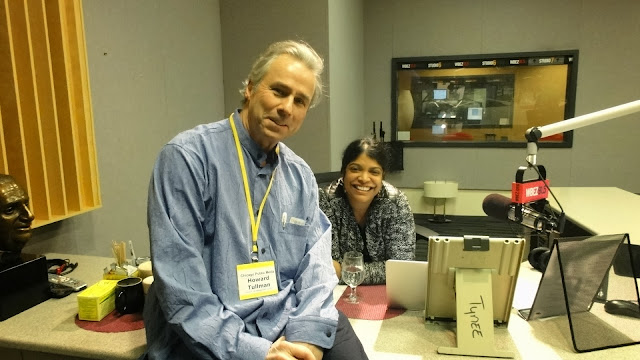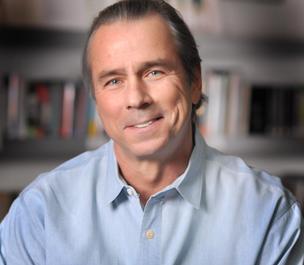From the second their children wake them up in the morning to the time they wrestle them to bed at night, moms usually have few seconds to spare.
But Elisa All, an Evanston mother of three and founder of the iParenting Media Network, acquired by the Walt Disney Co. in 2007, realized that most moms have 30 seconds a day when time stands still -- as they wait in the car for their children to get out of school.
“I was a busy mom, and I realized that none of the moms were getting out of their cars anymore,” she said. “Instead of talking to people, they were connecting on their phones.”
When she realized she could capture those 30 seconds of a mother’s day with a business venture, 30Second Mom was born.
30Second Mom, based in the 1871 tech workspace, is a stream-based website and app that offers tips on topics ranging from money to beauty to kids. Contributors include physicians, nutrition and fitness professionals, and financial experts who make as little as $1 per segment – and every piece of advice is delivered in 30 seconds or less.
Those who log on can choose to follow streams and share any tip on their social networks.
“We’ve all been trained to absorb a message through TV ads in 30 seconds in a message,” All said. “Why can’t we do the same thing with content? Give them a credible piece of information with just what they need to know in 600 characters so they can read it or watch it in a video in 30 seconds or less. We’re harnessing the best of both worlds.”
All, a Medill School of Journalism graduate, launched 30Second Mom two years ago, at first funding it herself, she said.
She then approached U.S. Cellular because she knew that mothers were one of that company’s largest target markets, and U.S. Cellular became her launch sponsor. They gave her a sum of money that she said “got us off to a nice strong start.”
Instead of traditional advertising, the site emphasizes custom content created for a particular sponsor.
“The way of thinking is a little different,” All said. “With U.S. Cellular, we identified an employee of theirs who was a busy mom, and developed content relevant to her life, and branded it – and offered tips on how your mobile device could make your life easier. They paid us to do that.”
30Second Mom made a profit in its first year. But the business has lost its sponsorship from U.S. Cellular, which this year sold its Chicago business to Sprint. All said she hopes to establish a relationship with Sprint.
In the meantime, she said, she just completed Springboard, a 13-week mentor-led accelerator program for women-owned businesses, and is refining her business model. The company’s only full-time employee, she said she plans to hire five full-time staff members to help with editorial, marketing and contributor relations.
Cheryl Leahy, a Wilmette mother and a blogger, has been there from the beginning and usually contributes a tip every week.
“I try to share my successes and failures in hopes of making another mom’s day a little easier, and her job of raising healthy, independent children a little more manageable,” Leahy said. “Many women who become moms feel a loss of identity, and 30Second Mom has helped me regain a sense of purpose and connection in addition to access to a wealth of experts in every field.”





































